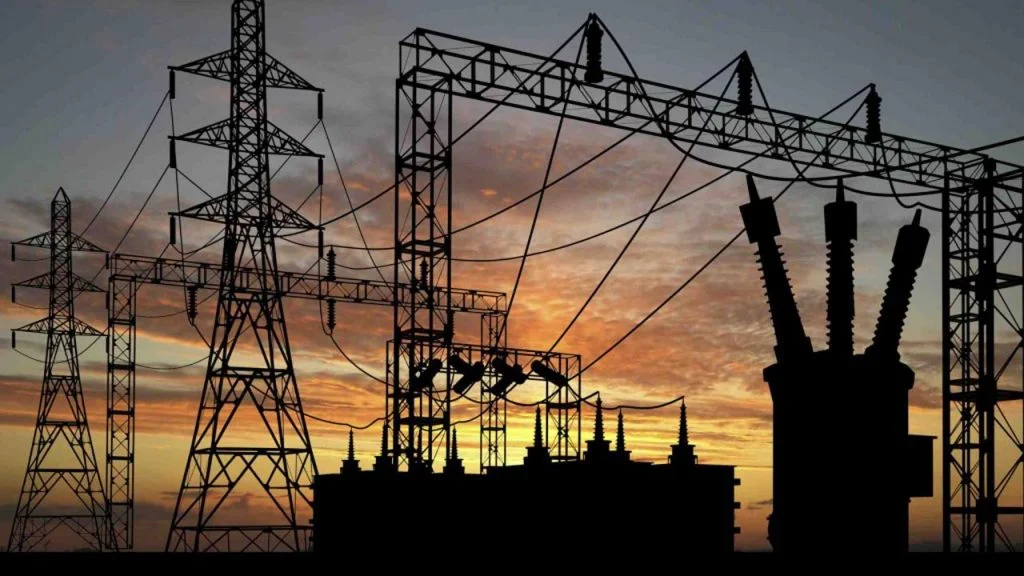Persistent blackouts in various regions of Nigeria, attributed to a shortfall in gas supply to power generation facilities, have reignited concerns regarding the enduring challenges confronting the nation’s power sector.
Recent reports indicated that both the Nigerian Federal Government and the Transmission Company of Nigeria pointed to a decline in electricity provision across Nigeria in the past few weeks, citing constraints in gas availability.

In previous months, the government similarly ascribed a decrease in electricity supply from the Niger Delta Power Holding Company (NDPHC) to electricity distribution companies to a shortage in gas.
Nigeria’s electrical grid heavily relies on a network of 26 hydro and gas-fired power plants spread across the country.
Despite the privatization of the sector in 2013, Nigeria’s available electricity generation capacity has consistently fluctuated between 3,000MW and 5,000MW, posing a challenge for a population exceeding 200 million.
Ten years after the sector’s privatization, it has refused to improve despite spending N3.348 trillion on electricity subsidies, according to the latest data by the Nigerian Electricity Regulatory Commission.
This is as the country plans to spend another N1.6 trillion on electricity subsidies in 2024.
Despite the heavy spending on the sector, Nigeria’s power industry is bedevilled by a lack of investment, electricity policy enforcement, regulatory uncertainty, gas supply, transmission system constraints, and significant power sector planning shortfalls in recent years.
NERC’s third quarter 2023 report said gas constraints remain a significant challenge to the country’s national grid.
This development remains prevalent despite the country’s 208.83 trillion cubic feet of gas reserves, representing 33 per cent of Africa’s total gas reserves of 620TCF, according to the Chief Executive Officer, NUPRC, Gbenga Komolafe.
Like other sectors in Nigeria, the power industry has diverse bottlenecks impeding its growth.
Speaking to journalists on Monday, Bolaji Tunji, special adviser, strategic communication and media relations to the Minister of Power, Adebayo Adelabu, said the federal government has moved to resolve the gas constraint challenge for GenCos.
According to him, the government has started engaging stakeholders to address the challenges, including paying debts owed to GenCos.
“The Minister is doing everything to resolve the challenge, including payment of debts owed to Generation Companies and other stakeholders within the value chain.
“I can assure you that the Minister is tackling the gas shortage challenge to generation plants”, he told newsmen.







